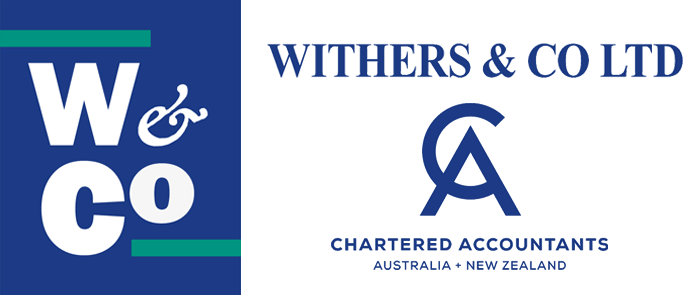"Providing accounting services of the highest quality from our Warkworth premises since 1988."
From Airbnb to boarders: what’s new for property owners?
Renting your home or bach online?

If you rent a property for short stays (up to four weeks), you need to know your tax commitments. New rules announced last May come into force this financial year.
Here’s what you need to know:
| 2,500 | If your tax due at end of year is more than $2,500, you’ll have to pay provisional tax instalments the following year. |
| 60,000 | If you earn more than $60,000 a year from your taxable activities, you must register for GST. If you earn less than $60,000 a year, you can choose to register for GST. |
If you have the choice, think carefully about whether registering for GST is best for you. Once you’re registered, there are ongoing requirements (such as recordkeeping, invoicing and filing returns) and when you sell your property or stop providing short-stay accommodation you’ll probably have GST to pay.
Unsure if being GST registered is the right way to go? Give us a call for advice.
Hosting boarders at your place?
You need to choose between the standard-cost method and the actual-cost method to work out the income you make from boarders so you know how much tax to pay.
- The standard-cost method keeps things simple because when your income from a boarder is equal to or below standard costs, it’s tax exempt. You can also claim standard costs instead of claiming on actual expenses. The weekly standard cost per boarder has just been changed to $186/week for the 2019/20 tax year. What does it include? Food and household bills, gifts, and entertainment and activities you provide for your boarder. You’ll also need to calculate your annual hosting and transport costs.
- Five or more boarders? You have to use the actual-cost method
. Up to four boarders? You can choose to claim actual costs instead of standard costs. Under the actual cost method all your income from the rental is assessable income and must be declared. To use this method, you need to:
- Keep full records of your actual income
- Keep full records of your expenses
- Fill out an IR3 annual tax return to return income and claim actual expenditure incurred.
If you don’t complete a return of income by the due date for filing, IRD will assume you picked the standard cost method.
Either way, keep your records!
Because you may not know until the end of the tax year whether you’ll want (or be able) to use the standard-cost method, make sure you keep full records. Jot down the number of weeks you had boarders, the total income from boarders, cost of capital improvements or rent paid, kilometres you travelled transporting them, and any other related expenses.








